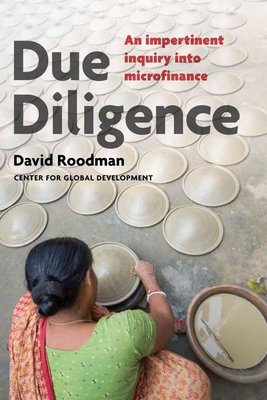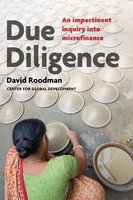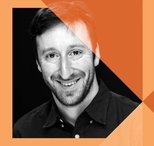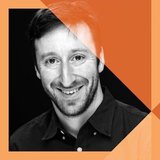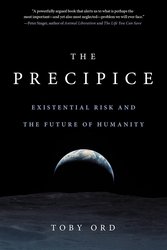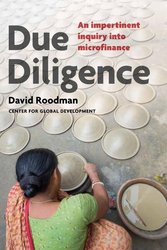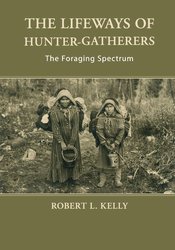The idea that small loans can help poor families build businesses and exit poverty has blossomed into a global movement. The concept has captured the public imagination, drawn in billions of dollars, reached millions of customers, and garnered a Nobel Prize. Radical in its suggestion that the poor are creditworthy and conservative in its insistence on individual accountability, the idea has expanded beyond credit into savings, insurance, and money transfers, earning the name microfinance. But is it the boon so many think it is? Readers of David Roodman's openbook blog will immediately recognize his thorough, straightforward, and trenchant analysis. Due Diligence , written entirely in public with input from readers, probes the truth about microfinance to guide governments, foundations, investors, and private citizens who support financial services for poor people. In particular, it explains the need to deemphasize microcredit in favor of other financial services for the poor.
